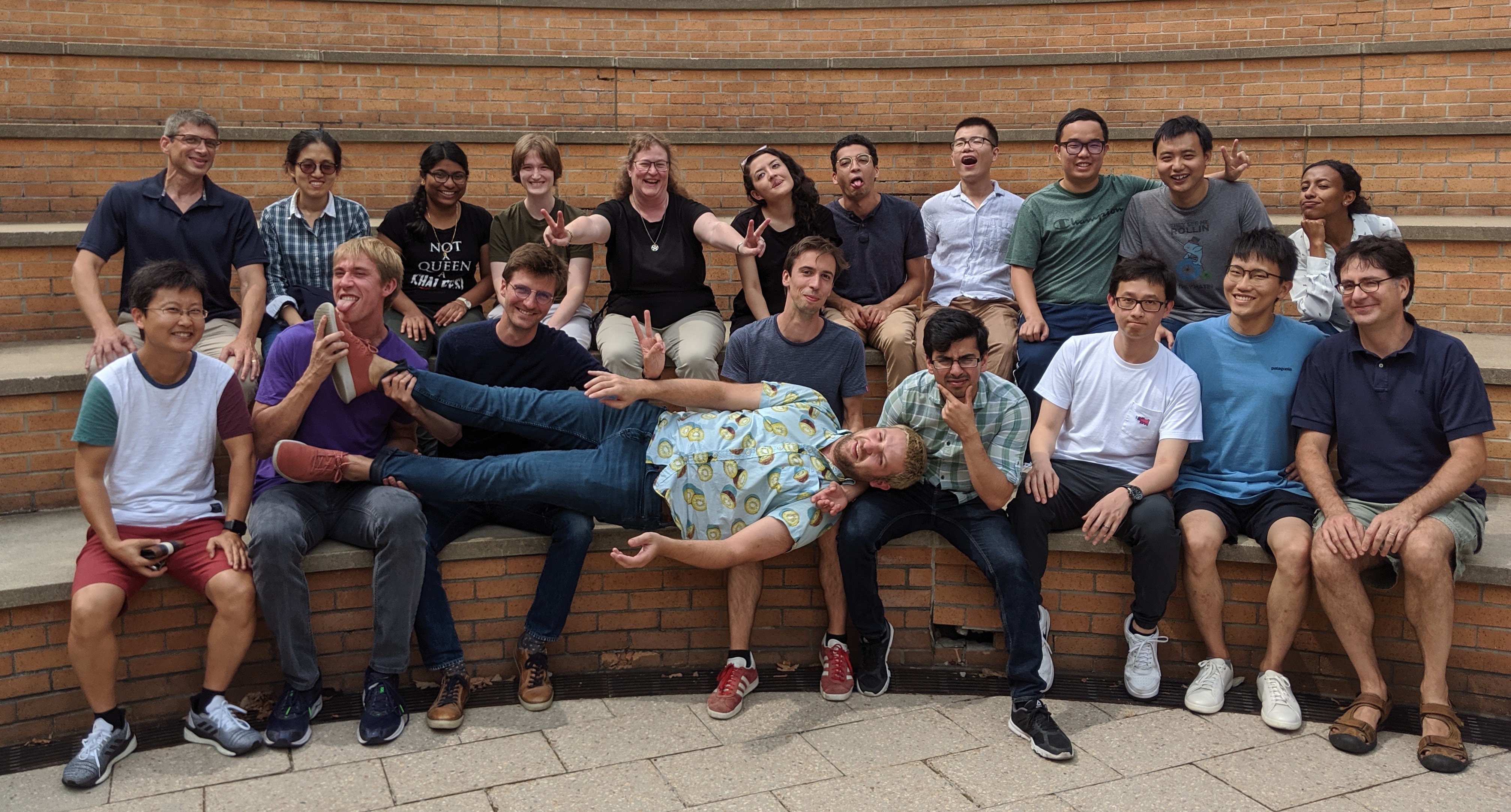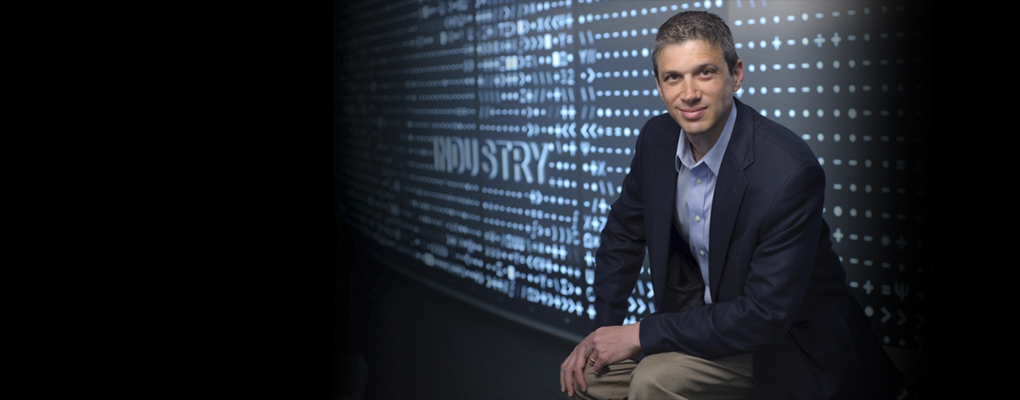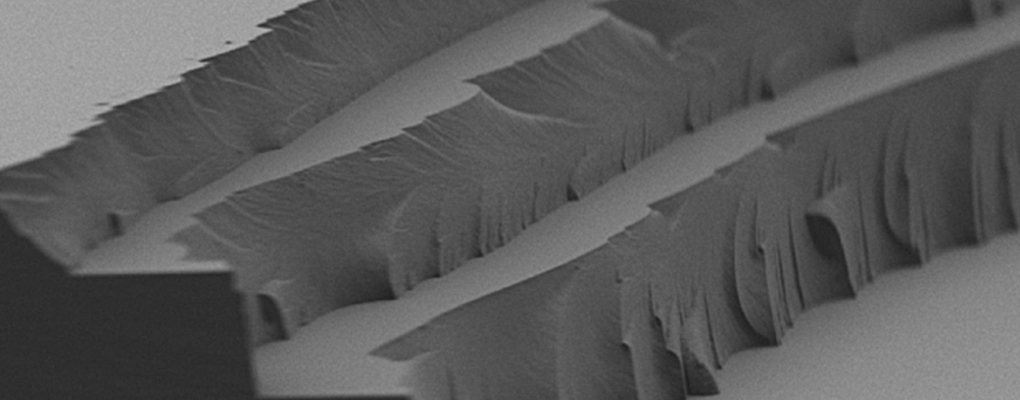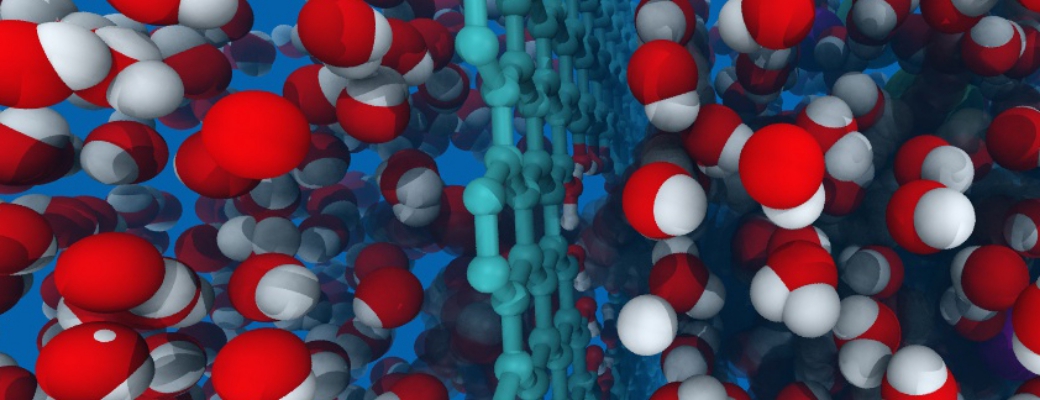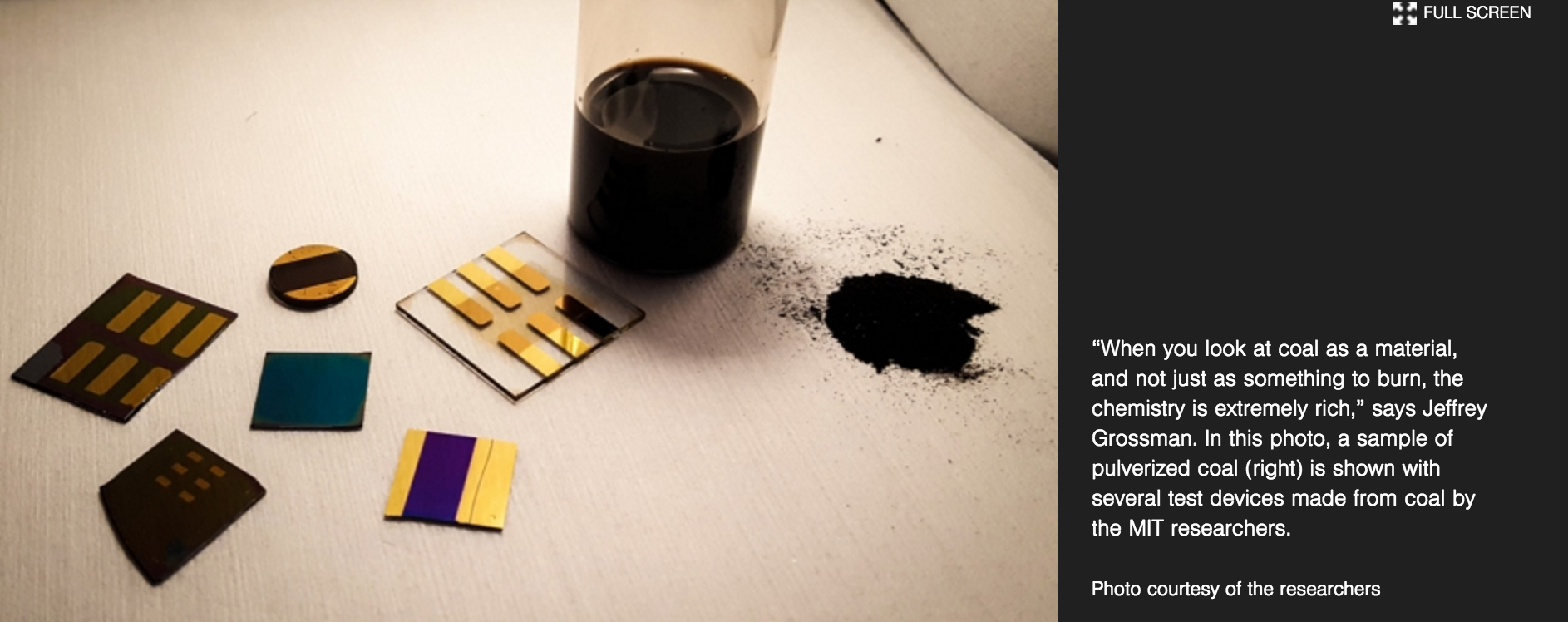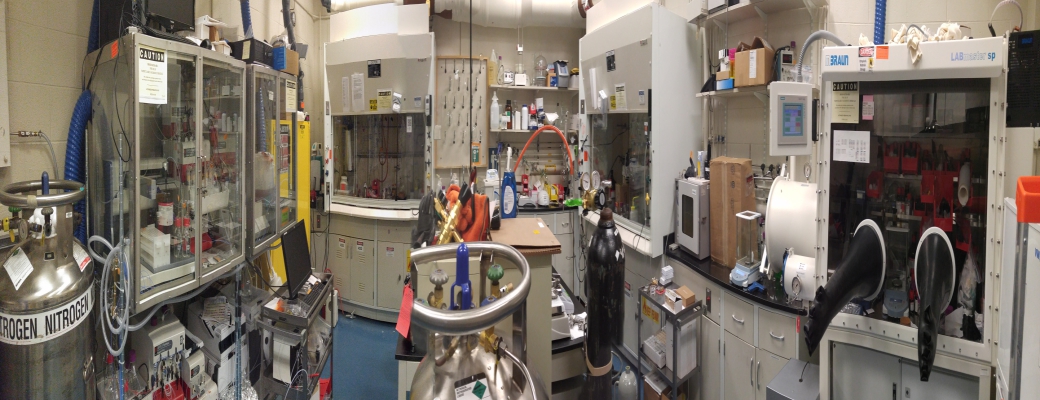Mission Statement:
We are a diverse group of material scientists, specializing in both computational and experimental studies. Our research spans nanomaterials, electronic and optoelectronic devices, water desalination and purification, and renewable energy, where our team members have broad expertise and often work laterally across these topics. We foster a strong culture of collaboration where a constant feedback loop between theory and experiment facilitates novel discoveries and efficiency/performance breakthroughs. We engage with several government agencies and industrial partners to maximize the impact of our work and harvest the benefits of our discoveries for society. We maintain a strong relationship with our alumni and foster long term relationships between our members as they go on to further pursue academic or industry positions.
Advising Philosophy:
My favorite meetings of any given week are usually those I have with group members. We hold weekly group meetings (see Link), and I meet individually with each group member either weekly or at a minimum once every two weeks. In addition to simply “checking in” in a broad sense, these 1-on-1 discussions can involve brainstorming around recent results or next steps, discussion of new ideas, or exploring career plans and opportunities. I don’t take a “one size fits all” approach to advising, since I believe that each student is different, and so part of my philosophy involves learning about each student individually and then working together to create the most inspired, creative, and productive path possible.
I don’t like to quantify impact by simple metrics like number of papers, although I do encourage students to publish when we have enough of a scientific story to tell. For a student, having their work published provides not only an important opportunity to learn how to communicate research, but also creates value for a student in other important ways, by giving an important sense of accomplishment and ability to share results at conferences. Speaking of which, I also encourage and support students to go to conferences, preferably to present their own work but also sometimes just to listen. I believe that strong interactions with others in the field are an absolutely essential part of the learning process as well as professional development during a PhD. The group often hosts visitors, either through internships or collaborations, and we typically have undergraduate researchers in the lab as well, working closely with either a graduate student or postdoc in the group.
Beyond research, I’m a big believer in work-life balance so I want all of my group members to have fun, take time off when needed, and find meaning outside of work.
News:
- Asmita and Nicola’s work featured in MIT News (3/30/2022) - As the world struggles to improve the efficiency of cars and other vehicles in order to curb greenhouse gas emissions and improve the range of electric vehicles, the search is on for ever-lighter materials that are strong enough to be used in the…
- Zhengmao and Nicola’s work featured in MIT News (11/12/2020) - MIT researchers have developed a two-layer passive cooling system, made of hydrogel and aerogel, that can keep foods and pharmaceuticals cool for days without the need for electricity. In this photo showing a close-up of the two-layer material, the upper layer consists of…
- Xining and Nicola’s work highlited in MIT News (4/27/2020) - In his latest research, Grossman, along with postdoc Xining Zang, research scientist Nicola Ferralis, and five others, found ways to use coal, tar, and pitch to produce thin coatings with highly controllable and reproducible electrical conductivity, porosity, and other properties. Using a laser,…
- MIT graduate students lead conference on microsystems and nanotechnology (1/22/2020) - Jatin served in the organizing committee of this year’s Microsystems Annual Research Conference (MARC). http://news.mit.edu/2020/students-lead-2020-microsystems-annual-research-conference-0122
- Yun’s work featured in an article on Chem (9/16/2019) - Electronic traps are the primary factor stifling the performance of quantum-dot (QD) solar cells to nearly half their theoretical potential. Yet, the exact origin of these traps remains largely unknown, making it difficult to address the problem. In the inaugural issue of Matter,…
Diversity, Equity, and Inclusion:
A core value of our group is a commitment to diversity, equity, and inclusion, which connotes an awareness and appreciation of the value and strength derived from engaging the richness of multiple cultures including race, disabilities, gender, national origin, religion, sexual orientation, and skin color, among other attributes. We believe that we are best equipped to tackle the world’s most challenging scientific problems when we bring a wide variety of perspectives, backgrounds, personal experiences, and insights to our problem-solving endeavors.
For accessibility, please visit Accessibility
